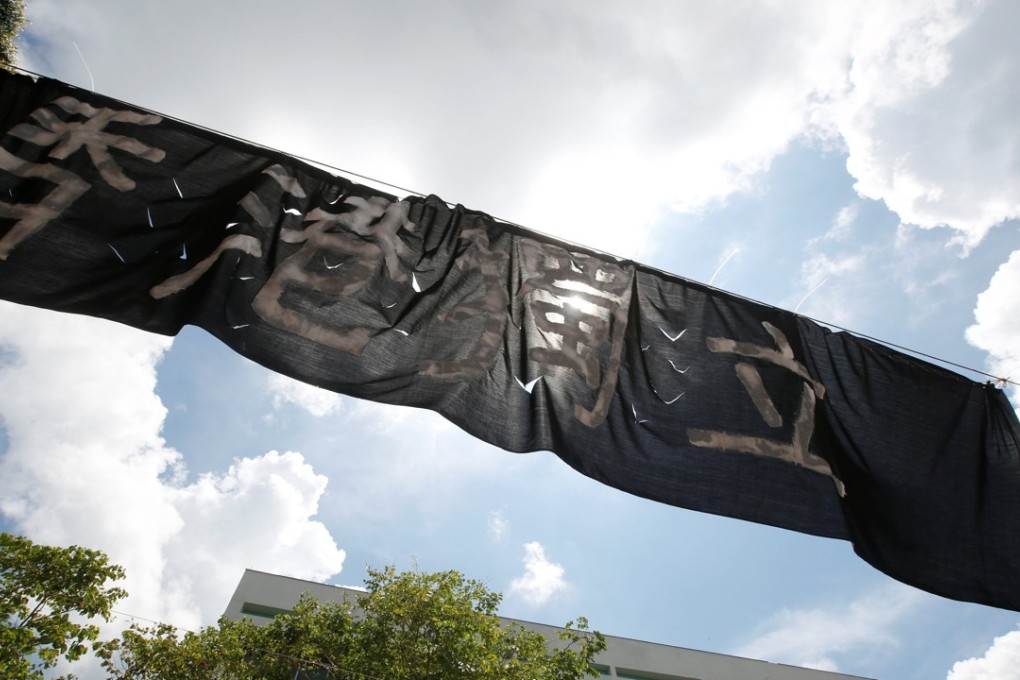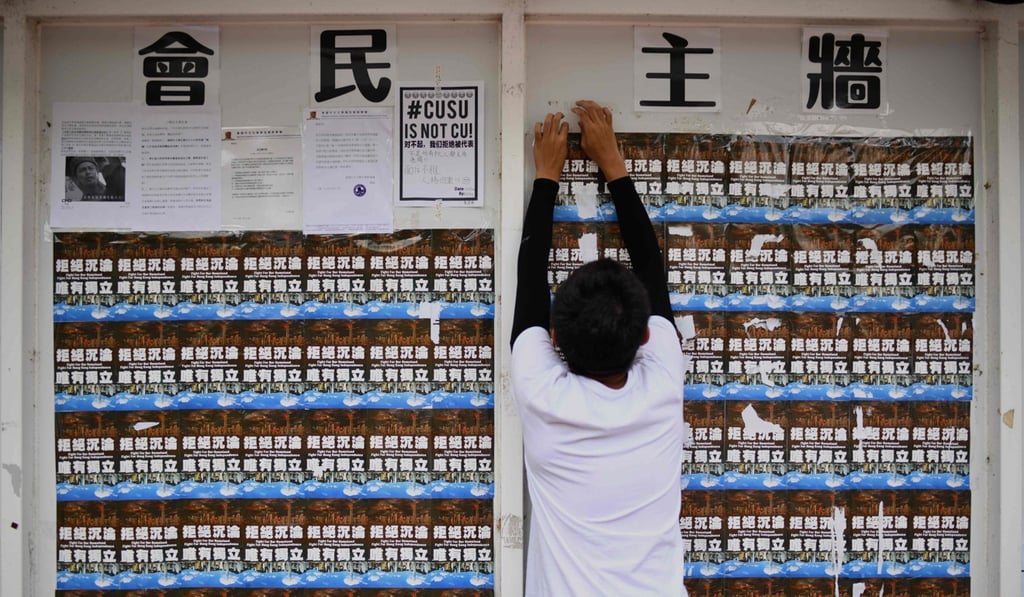Calls for independence only weaken Hong Kong’s unique identity
Chi Wang says independence activists’ tactics will result in division while angering Beijing. Instead, they should focus on maintaining the distinct character that survived British and Japanese rule

Dissatisfaction with China’s government is understandable, but angrily calling for independence is not an actual solution. Hong Kong does not have the same legal structure that allowed Scotland, for example, to vote on independence. The most this movement can do is to grab media attention, anger Beijing and incite division.
How Hong Kong’s champions of free speech are eroding our freedoms
I moved to Hong Kong in 1939, while it was still a British colony. Only a boy, I didn’t understand what a colony was, not truly realising I was no longer in China. All I knew was that I was awed by the city around me. I was also in Hong Kong when the Japanese occupied the city during the second world war, and again after the war ended. Seeing the city I loved handle the changes was inspiring. It didn’t matter who ran their city; the people of Hong Kong remained Hongkongers.

After moving to the US, Hong Kong was still in my thoughts. In the early 1970s, I moved back to help CUHK build up their new Sha Tin campus and university library, the same library that would later become the location for Hong Kong independence banners. CUHK was a place of knowledge and education, and continued its academic focus and mission after Hong Kong was returned to China.